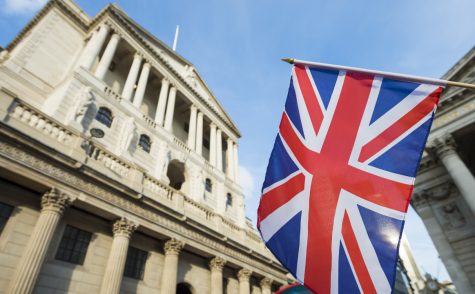News & Insights
Advising on Pension Transfers

Two months in to the UK fiscal calendar for 2021, and it appears that we are beginning to see the impact of the FCAs ban on contingent charging following Policy Statement PS20/06. The financial press this week reported that following a freedom of information request from the consultancy firm LCP, the impact of contingent charging on unsuitable advice appears to be contributing to a considerably higher rate of transfers than a process that charged irrespective of the outcome of the advice.
The articles go on to suggest that the FCA permitted contingent charging for some time after the Department for Work and Pensions Select Committee had called for it to do something. The firm conducting this most recent study suggested that with contingent charging the interests of DB scheme members and advisers was not aligned and in all likelihood resulted in many unsuitable transfers.
Following the British Steel pension debacle, the Work and Pensions Committee recommended that contingent charging was a likely contributor, citing evidence of this in its inquiry in a letter to Andrew Bailey on 5 April 2019, to the inordinately high number of transfers out of the scheme and wanted the FCA to take urgent action.
In my own conversations with firms, it is clear that demand has dropped from its peak between 2017 and 2018, and for the majority of firms questioned it has continued to decrease throughout 2020 and 2021. What is not entirely clear is that October 2020 was the watershed moment that the Work and Pensions Committee had thought it might be. The main reason for this is that many firms that varied their permissions did so prior to and in spite of the proposals to ban this style of charging structure, stating that the “mood music” was becoming too difficult to ignore. Those that continue to do advise on DB transfer are adjusting their process according to the FCA’s guidance and hoping that their Professional Indemnity insurers will continue to support their endeavours in this respect.
Unfortunately whilst the outcome of the ban on contingent charging may reduce the possibility of firms being conflicted in the advice process, for those who have a genuine reasons to transfer out of a DB scheme, it has become far more difficult to find a firm willing to provide this advice. A paper produced by Royal London in January this year provided consumers with some guidance of their own on the five reasons to transfer, and the five reasons why not to. Unfortunately even those firms that have retained the ability to provide this transfer advice are increasingly ruling out some of these legitimate reasons out of an abundance of caution, citing the reasons not to transfer are far more apparent.
Whilst the overall benefit of reducing bad advice in the financial services market are obvious and should be welcomed, the result of these recent regulatory interventions is that consumers are going to find it increasingly difficult to access their benefits, more so than perhaps the “pension freedoms” that the Pensions Scheme Act 2015 had intended when it was conceived.
Tim Little
28 June 2021


